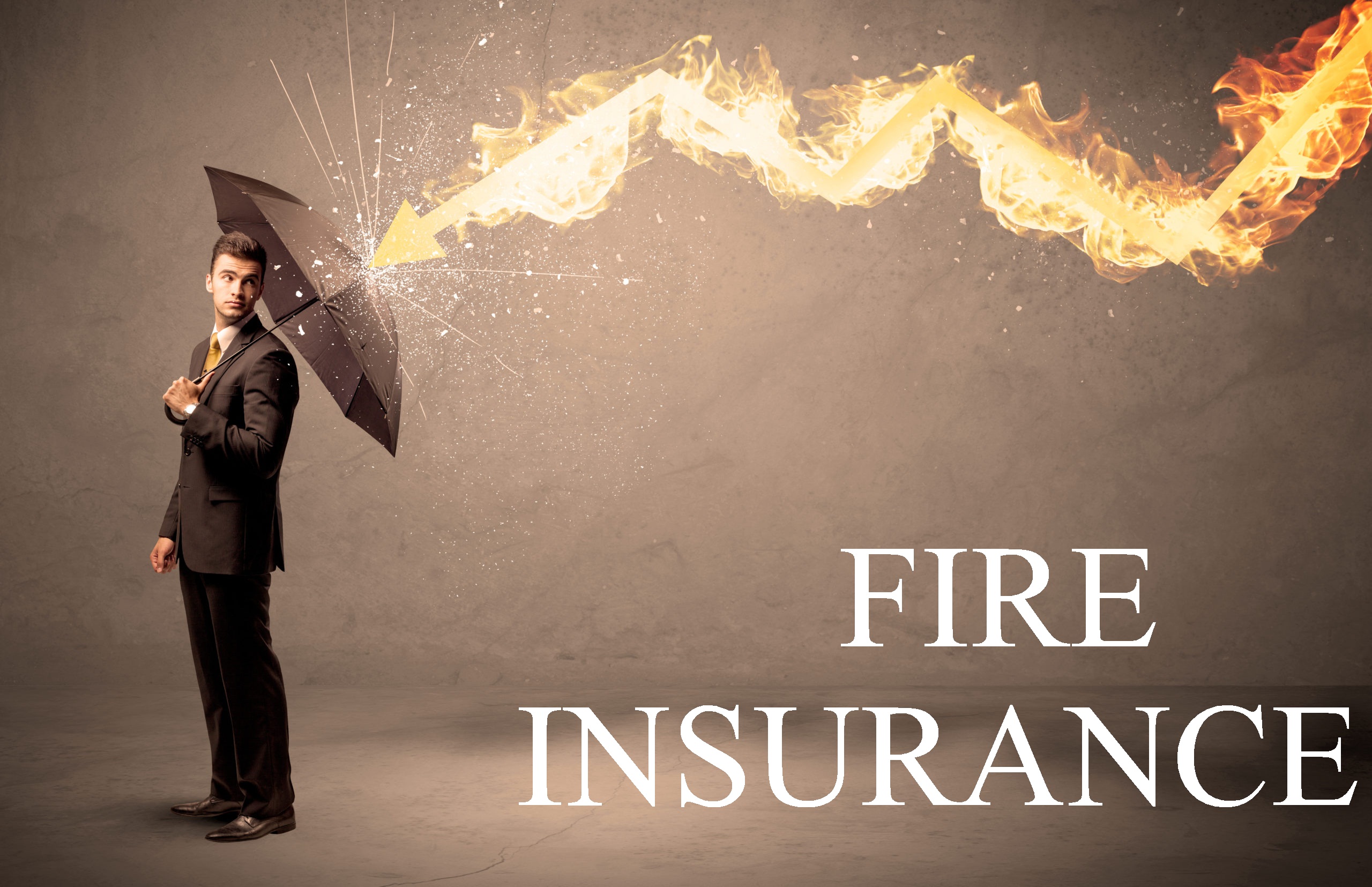Fire insurance is an essential aspect of property protection in Germany, providing financial coverage for damages caused by fires. With Germany’s dense urban landscapes and valuable historical buildings, the need for comprehensive fire insurance is paramount. This article delves into the intricacies of fire insurance in Germany, covering its importance, the legal framework, types of coverage, and an exclusive method for optimizing fire insurance policies.
Importance of Fire Insurance
Fire insurance protects property owners from the financial burden associated with fire damage. Fires can cause extensive destruction, not only to buildings but also to personal belongings and business assets. The importance of fire insurance includes:
- Financial Protection: Covers repair or rebuilding costs, and replacement of damaged goods.
- Legal Compliance: Many mortgage lenders require fire insurance as part of property loans.
- Peace of Mind: Provides reassurance that one is protected against unforeseen disasters.
Legal Framework
Fire insurance in Germany falls under property insurance (Sachversicherung) and is regulated by several laws and regulations:
- Insurance Contract Act (Versicherungsvertragsgesetz – VVG): This law outlines the rights and obligations of insurers and insured parties.
- Civil Code (Bürgerliches Gesetzbuch – BGB): Contains provisions relating to property insurance and liability.
- Building Regulations (Bauordnungen): These vary by state (Bundesland) and may include mandatory fire insurance requirements for certain buildings.
Types of Coverage
Fire insurance policies in Germany typically cover various aspects of fire-related damage:
- Structural Damage: Covers the cost of repairing or rebuilding the damaged structure.
- Contents Insurance: Protects personal belongings within the property, such as furniture, electronics, and clothing.
- Business Interruption: Compensates for lost income and operating expenses if a business is temporarily closed due to fire damage.
- Liability Insurance: Covers damages to third-party property and injuries caused by the fire originating from the insured property.
Exclusive Method for Optimizing Fire Insurance Policies
To ensure comprehensive coverage and optimize fire insurance policies, consider the following exclusive method:
1. Risk Assessment and Mitigation
- Conduct a Thorough Risk Assessment: Evaluate the property for potential fire hazards, including electrical systems, heating equipment, and building materials.
- Implement Fire Safety Measures: Install smoke detectors, fire alarms, and sprinkler systems. Ensure regular maintenance and inspections.
- Develop an Emergency Plan: Establish evacuation routes, conduct fire drills, and educate occupants on fire safety procedures.
2. Customizing Insurance Coverage
- Evaluate Coverage Needs: Determine the appropriate coverage amounts based on property value, contents, and business operations.
- Choose the Right Policy: Compare different policies and providers to find the best coverage for your specific needs.
- Consider Additional Riders: Add coverage for specific risks, such as natural disasters, vandalism, or specialized equipment.
3. Regular Policy Reviews
- Annual Reviews: Review your policy annually to ensure it remains adequate for your needs. Update coverage amounts based on property improvements or changes in value.
- Adjust for Inflation: Ensure your policy coverage keeps pace with inflation to avoid underinsurance.
- Policy Bundling: Consider bundling fire insurance with other insurance products (e.g., home insurance, liability insurance) for potential discounts.
4. Engage with Experts
- Consult Insurance Brokers: Work with experienced brokers who can provide tailored advice and help negotiate better terms.
- Legal Consultation: Seek legal advice to understand the nuances of policy terms and conditions, and ensure compliance with local regulations.
5. Claims Management
- Document Everything: Keep detailed records of property value, receipts for contents, and any communication with the insurance provider.
- Prompt Reporting: Report any fire incidents to your insurance provider immediately and follow their procedures for filing a claim.
- Professional Appraisal: Obtain an independent appraisal of damages to support your claim and ensure fair compensation.
Fire insurance in Germany is a critical component of property protection, offering financial security and peace of mind. By understanding the legal framework, types of coverage, and implementing the exclusive method for optimizing policies, property owners can ensure comprehensive protection against fire-related damages. Regular assessments, customized coverage, and expert consultations are key to maintaining an effective fire insurance strategy.
